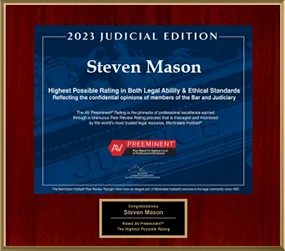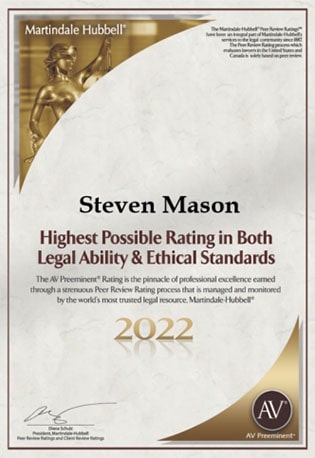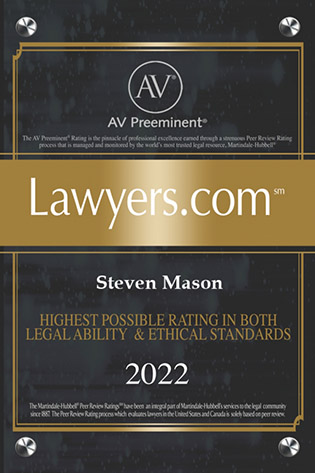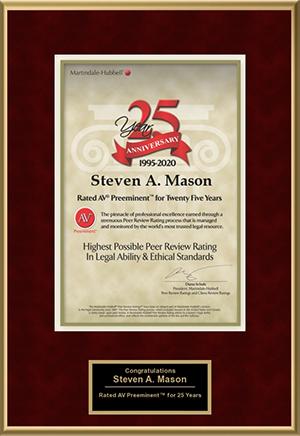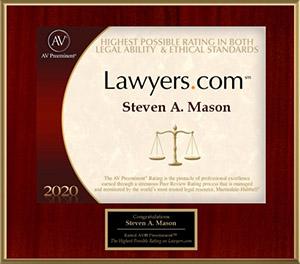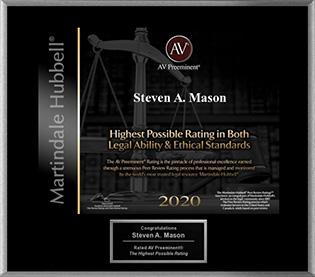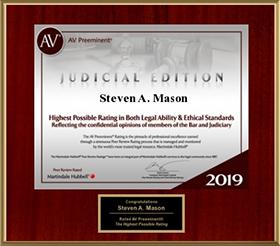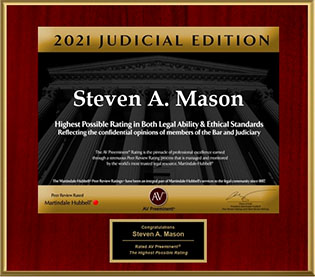Defining “Condominium Termination” In Florida

When condominiums open, they seem full of promise, ready to accept those who want to build lives surrounded by neighbors and friends. However, as condominiums age, the costs of maintaining the complex can outweigh the positives residents find there. For good or ill, most condominiums wind up ‘terminated’ after a certain point in time – but at the same time, it can be a nasty shock to some owners. Understanding the how and the why can help.
Why Terminate Condominiums At All?
The primary – indeed, almost exclusive – cause of condo termination is maintenance costs which have become too high to maintain on a feasible budget. Condominiums are funded by owners paying dues and assessments to the board – and in the case of particular projects, special assessments may be levied as long as they are reasonable and proportional. However, when the complex requires maintenance in amounts that are not ‘reasonable,’ termination or redevelopment may have to be discussed.
For good or ill, many condominiums are facing termination after the implementation of legislation passed in response to the 2021 Champlain Towers South collapse in Surfside, Florida. The condominium association had almost nothing in its reserves, meaning that it was unable to pay for badly needed repairs, which played the major role in the tower’s collapse. Florida’s legislature passed SB 4D as a result, which imposes required inspections and minimum amounts for reserve accounts – limits which many associations cannot meet.
A Chain Of Problems For Owners
While as one might imagine, most of the legislative changes since 2021 have fallen on the shoulders of condominiums as legal entities, owners have been seeing major issues as well. The immediate consequence of a condominium being unable to meet its obligations under SB 4D is that insurance prices for individuals will spike (and already are spiking, given several insurers’ choice to leave the state rather than alter their policies or prices).
If your condominium gets to the point where termination may be the only financial option, know that you do have the right to contest the procedure, but that success is unlikely due to the way Florida law is structured. The relevant statute holds that only 80 percent of the total voting interest must agree to the termination – though further debate will be necessary if more than 5 percent of the voting interest objects.
Contact A Hollywood, FL Condominium Law Attorney
The idea of your condominium being unceremoniously terminated, when you have grown used to living where you live, can be an unpleasant or even traumatic event – but sometimes, it is the only financial option. A Hollywood, FL condominium law attorney from the Law Offices of Steven A. Mason, P.A. can help answer your questions and assess your best possible options to get through this process. We are here to help – contact our office today to schedule a consultation.
Source:
flsenate.gov/Laws/Statutes/2021/0718.116


